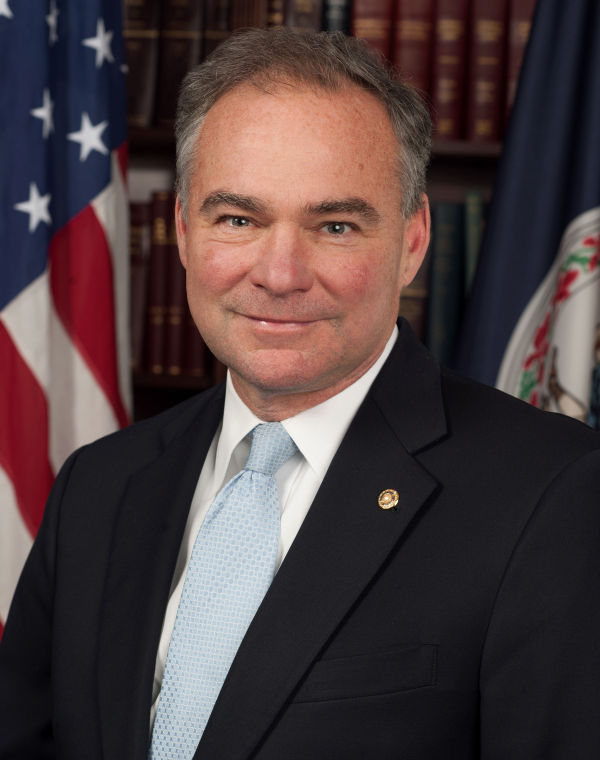
By U.S. Sen. Tim Kaine (D.-Va.)
Worries about healthcare keep countless families up at night.
Good health care policy can give people peace of mind that an unexpected illness won’t irreparably harm a loved one or break the bank. Bad health care policy can put parents in the awful position of choosing between making a house payment or paying a child’s medical bill.
Last week, Senate Republicans unveiled a bill that would be devastating for Virginians’ access to healthcare, and on Tuesday, they were forced to pause their effort to ram it through the Senate this week. I hope Senate Republicans will change course, cancel any plans to pass this deeply flawed bill, and begin work on a better bill with bipartisan input.
The bill unveiled last week would slash traditional Medicaid, a program that more than 1 million Virginians depend on, by $772 billion over 10 years. Virginia’s Medicaid program will be cut by $1.4 billion over the next seven years. Who are the people who get health care through Medicaid? One of them is named Blake, a 4-year-old with a medical condition that requires full-time care. I met Blake’s mother, Kim, at a roundtable I held in Richmond shortly after the Senate health care bill was released. Kim told me that, without Medicaid, their family would not be able to afford Blake’s medical services.
In Virginia, more than 600,000 children rely on Medicaid for cancer treatments, special education, autism services, family support and a wide range of other needs. In addition to children, more than 200,000 Virginia Medicaid recipients are people with disabilities, and 360,000 are parents, caregivers or pregnant women. Nearly 80,000 older Virginians receive Medicaid coverage. We should be improving health care access and affordability for these people, not reducing their coverage.
In addition to cutting Medicaid, the Republican health care bill would allow insurance companies to charge 55- to 64-year-olds up to five times the rate they can charge younger patients, effectively instituting an “age surcharge.” And by defunding Planned Parenthood, the bill would threaten essential services the organization provides and would particularly hurt the nearly 25,000 Virginians who rely on Planned Parenthood for primary health care.
Further, by allowing states to eliminate some of the Affordable Care Act’s covered essential health benefits, this bill would allow insurance companies to no longer include opioid addiction treatment, mental health care or prenatal care in their plans. We need to step up our efforts to address drug addiction and mental health. Why would we cut back on these protections?
The Congressional Budget Office’s review of this bill confirms the disaster it would inflict. If it’s passed, 22 million people are estimated to lose coverage over the next decade — 15 million next year alone
